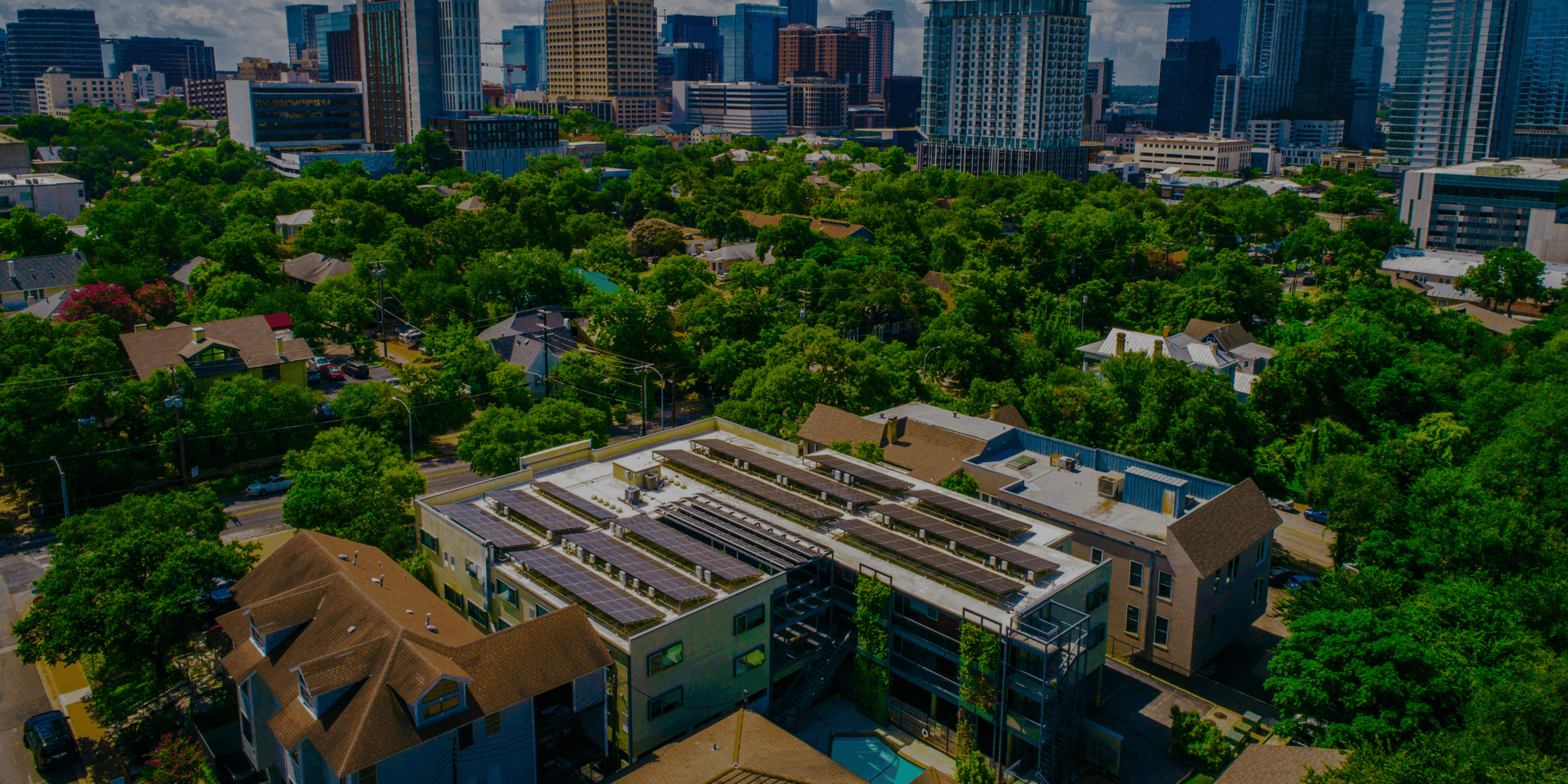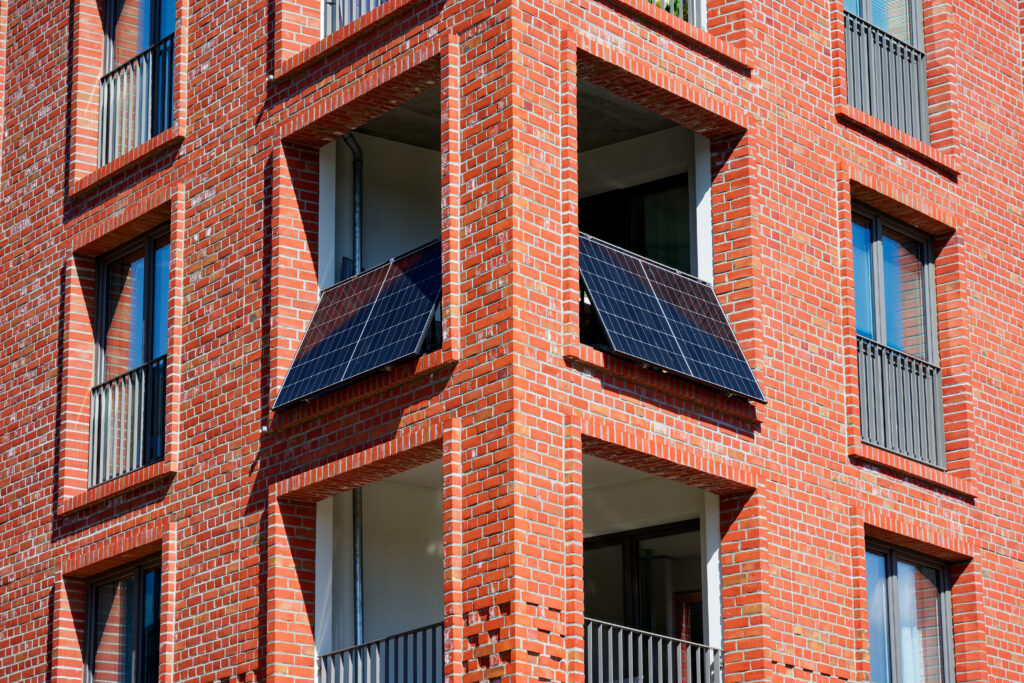
Advancing Community Empowerment Through Solar Energy Access
Tucson and FUSE are expanding access to clean energy for low-income households, enabling families to lower their costs and build resilience in a warming climate. Energy burdens fall hardest on households with limited resources and on homes that require energy efficiency upgrades. Expanding access to rooftop solar and related improvements... Read more

Transforming Public Housing for Sustainability and Climate Resilience
Tucson and FUSE are modernizing public housing to reduce utility costs, enhance comfort, and safeguard residents from extreme heat. Residents in public housing are particularly vulnerable to the impacts of climate change, especially during prolonged periods of extreme heat. Upgrading buildings with energy-efficient systems, renewable energy sources, and water conservation... Read more

Advancing Regenerative Agriculture for Climate Resilience
San Diego County and FUSE are helping farmers adopt climate-smart practices that strengthen local food systems and build long-term resilience. Producers across the county are managing drought, heat, and shifting market pressures while working to keep food local and maintain healthy land. Access to resources and technical assistance can determine... Read more
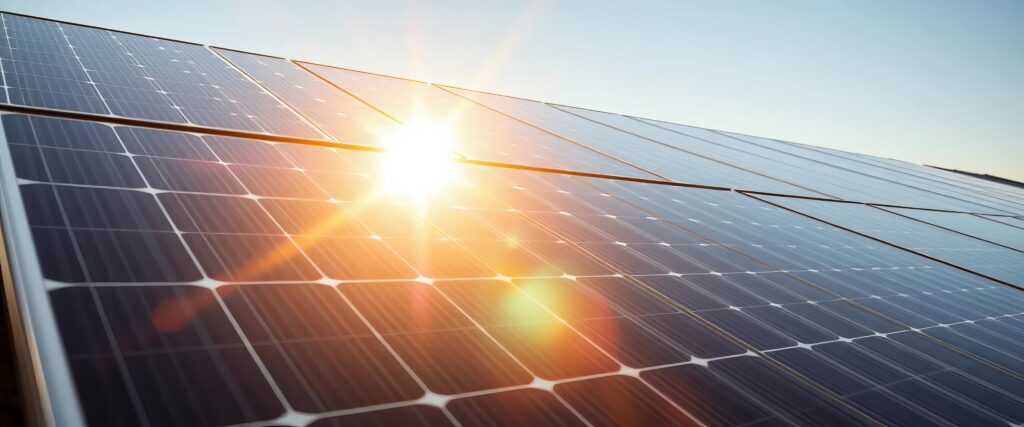
Strategic Expansion of Municipal Solar Infrastructure
Phoenix and FUSE are expanding solar across city facilities to advance climate goals, reduce energy costs, and strengthen community resilience. The city’s abundant sun presents a powerful opportunity to generate clean energy close to where it is used. Realizing that potential requires a clear strategy for ownership, finance, and long-term... Read more
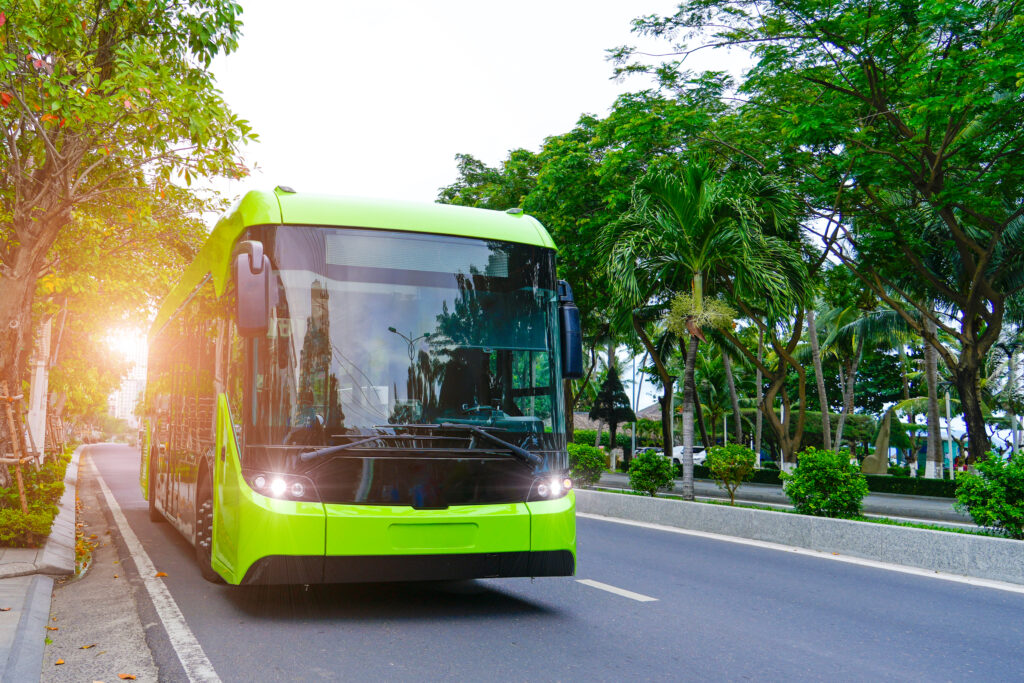
Advancing Sustainability Through City-Wide Fleet Modernization
Phoenix and FUSE are modernizing the municipal fleet to improve air quality, lower costs, and deliver reliable city services. City fleets touch every neighborhood and play a key role in public health and operational efficiency. Transitioning to cleaner vehicles and fuels requires thoughtful planning, workforce readiness, and charging and maintenance... Read more

Advancing Sustainability Through Circular Economy Infrastructure Development
Phoenix and FUSE are expanding circular economy infrastructure, making materials from local resources that support jobs, innovation, and environmental health. As new technologies proliferate, communities must manage complex material streams in ways that reduce waste and create value. Phoenix is growing into a hub that attracts recovery-focused businesses, supports innovation,... Read more

Deploying Energy Resilience Solutions in Aviation
Phoenix and FUSE are advancing clean energy solutions across the airport system to improve reliability, reduce emissions, and support community wellbeing. Airports are essential economic and transportation hubs that must operate reliably in a changing climate. Phoenix is exploring how on-site energy storage, microgrids, and other clean energy solutions can... Read more

Advancing Decarceration Through Community-Based Care Facilities and Operations
Los Angeles County and FUSE are planning the facilities and operations needed to close an aging jail while expanding community-based alternatives that prioritize care. Moving away from incarceration and toward care requires new infrastructure, careful coordination, and deep collaboration with community. The County is advancing operational plans that support safe... Read more
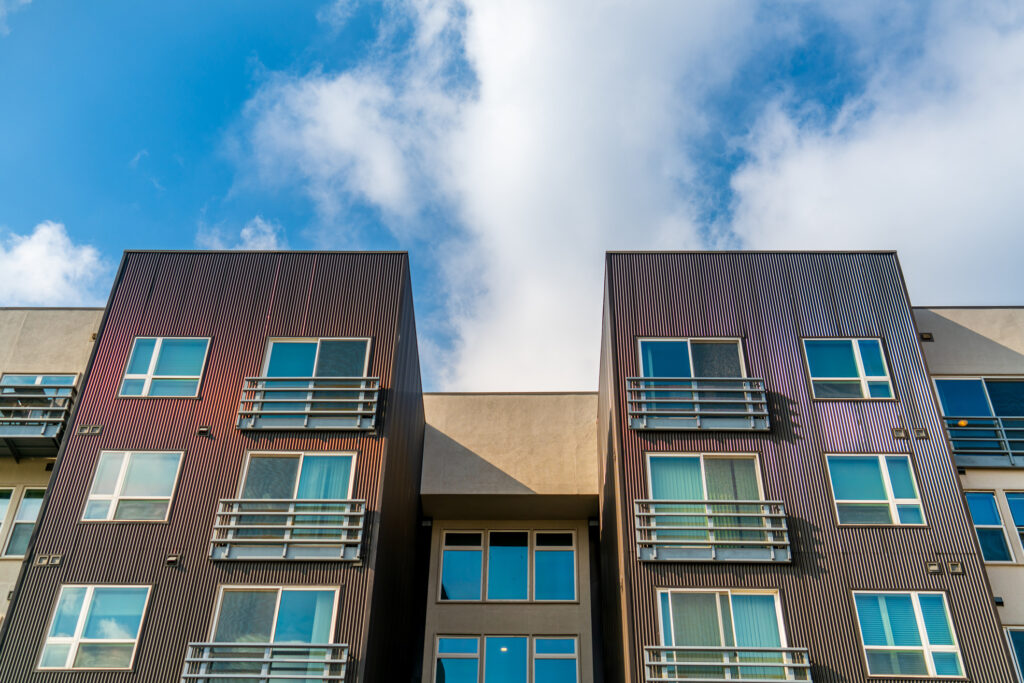
Expanding Affordable Housing Supply for First-Time Homebuyers
The City of Philadelphia is working to expand comprehensive first-time homeownership opportunities and increase housing supply through multiple innovative housing programs, such as the Turn the Key Neighborhoods Program, which transforms vacant, city-owned lots into affordable homes. FUSE Executive Fellow Christine Behr will collaborate with a team of content experts... Read more
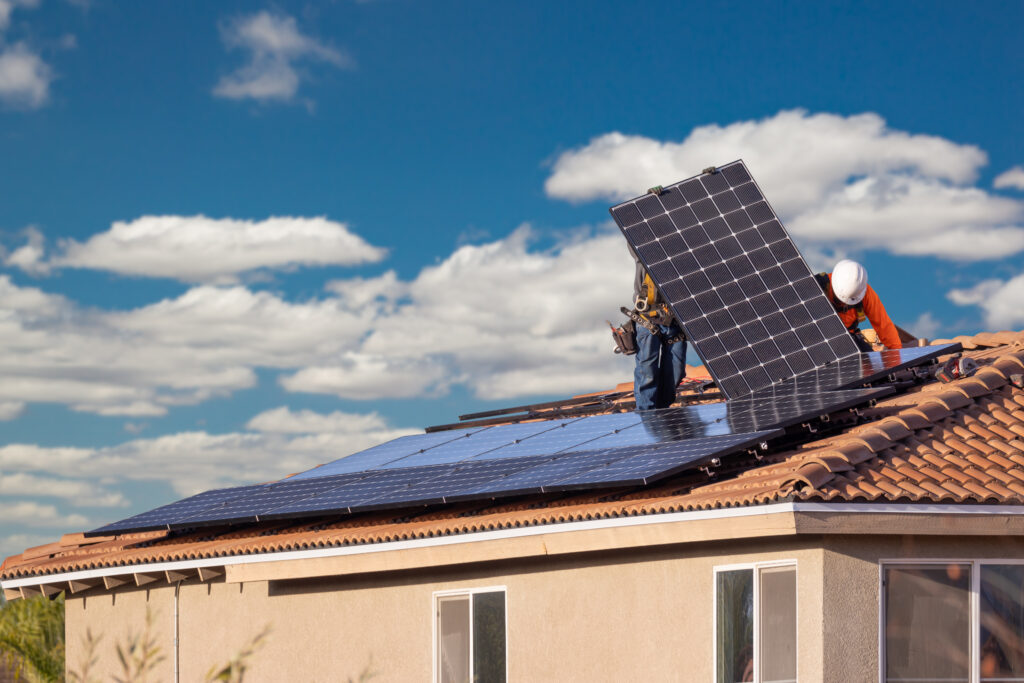
Expanding Solar Energy Access for Low-Income Communities
Phoenix experiences approximately 300 days of sunshine annually, making it one of the most solar-friendly climates in the country. However, many low and middle-income households, particularly in economically disadvantaged communities, face high utility costs due to outdated home infrastructure and limited access to renewable energy solutions. These communities are disproportionately... Read more
